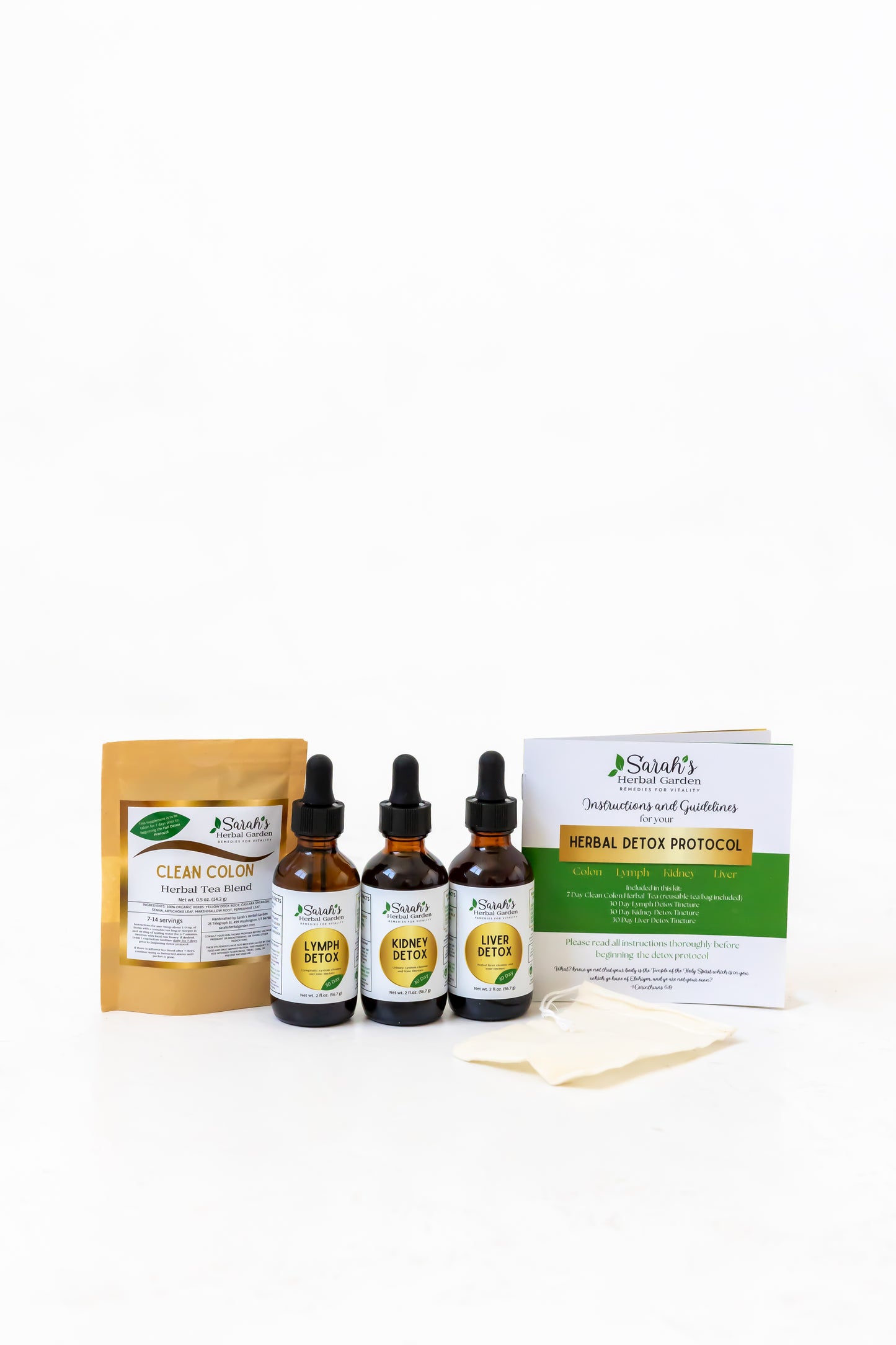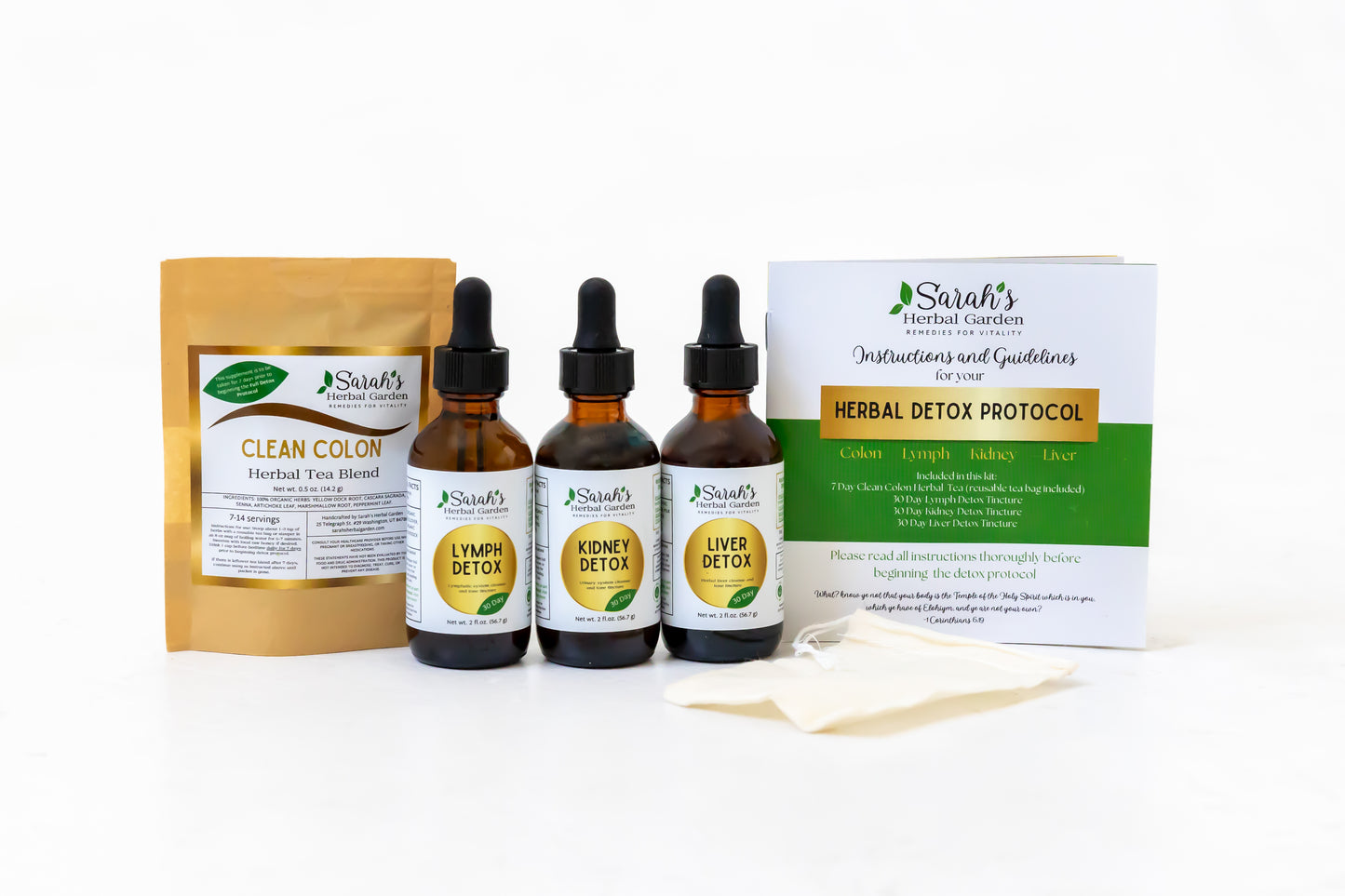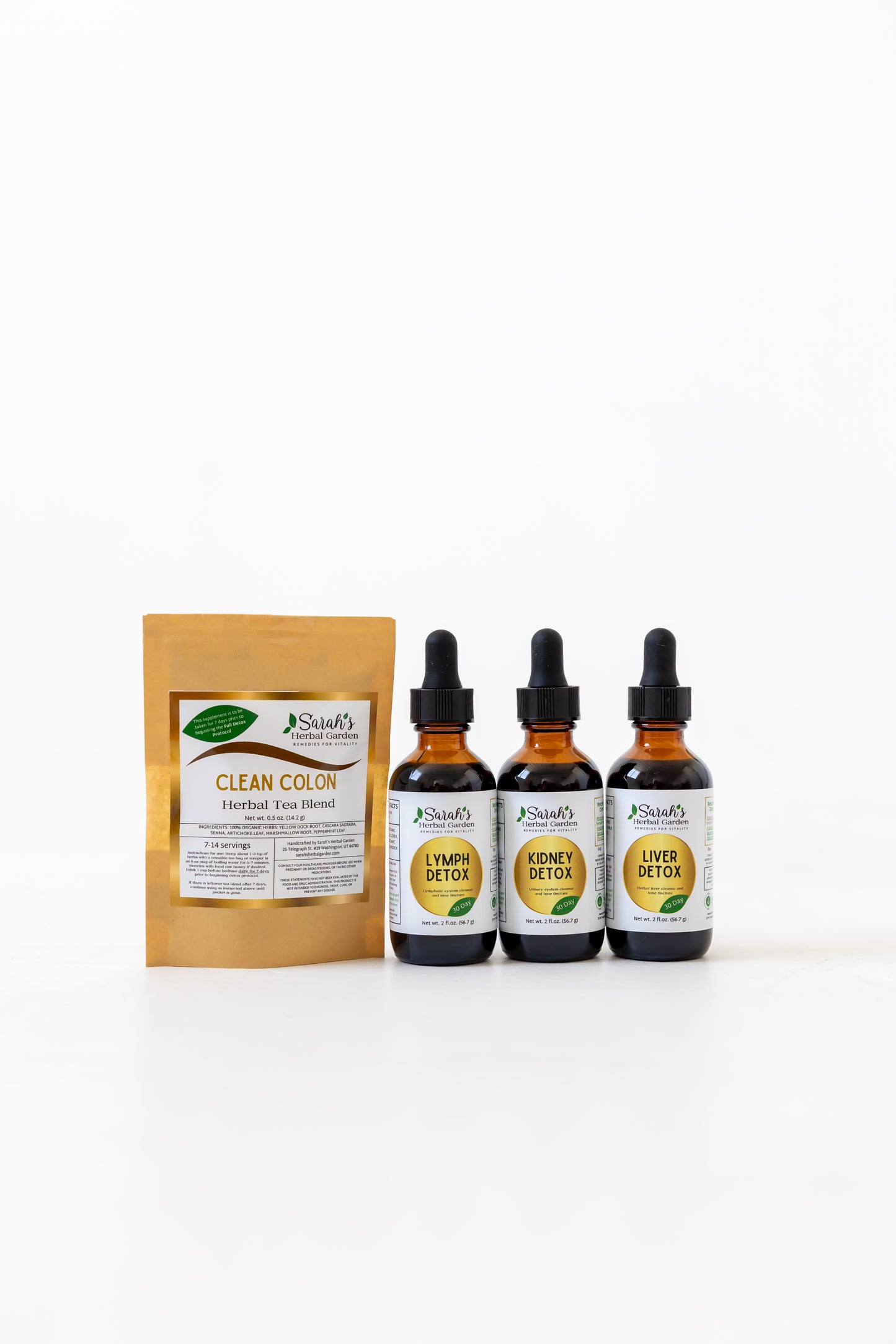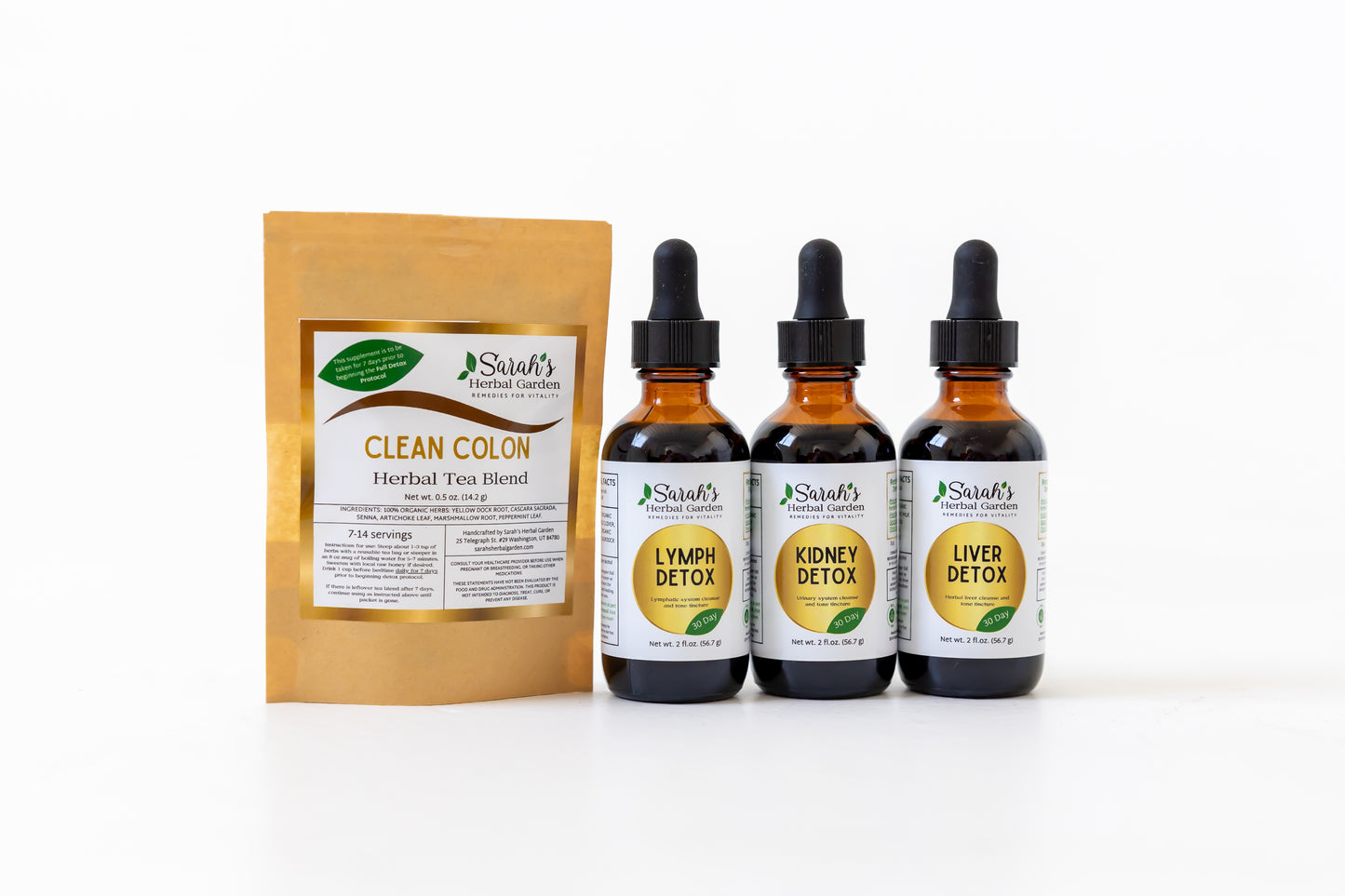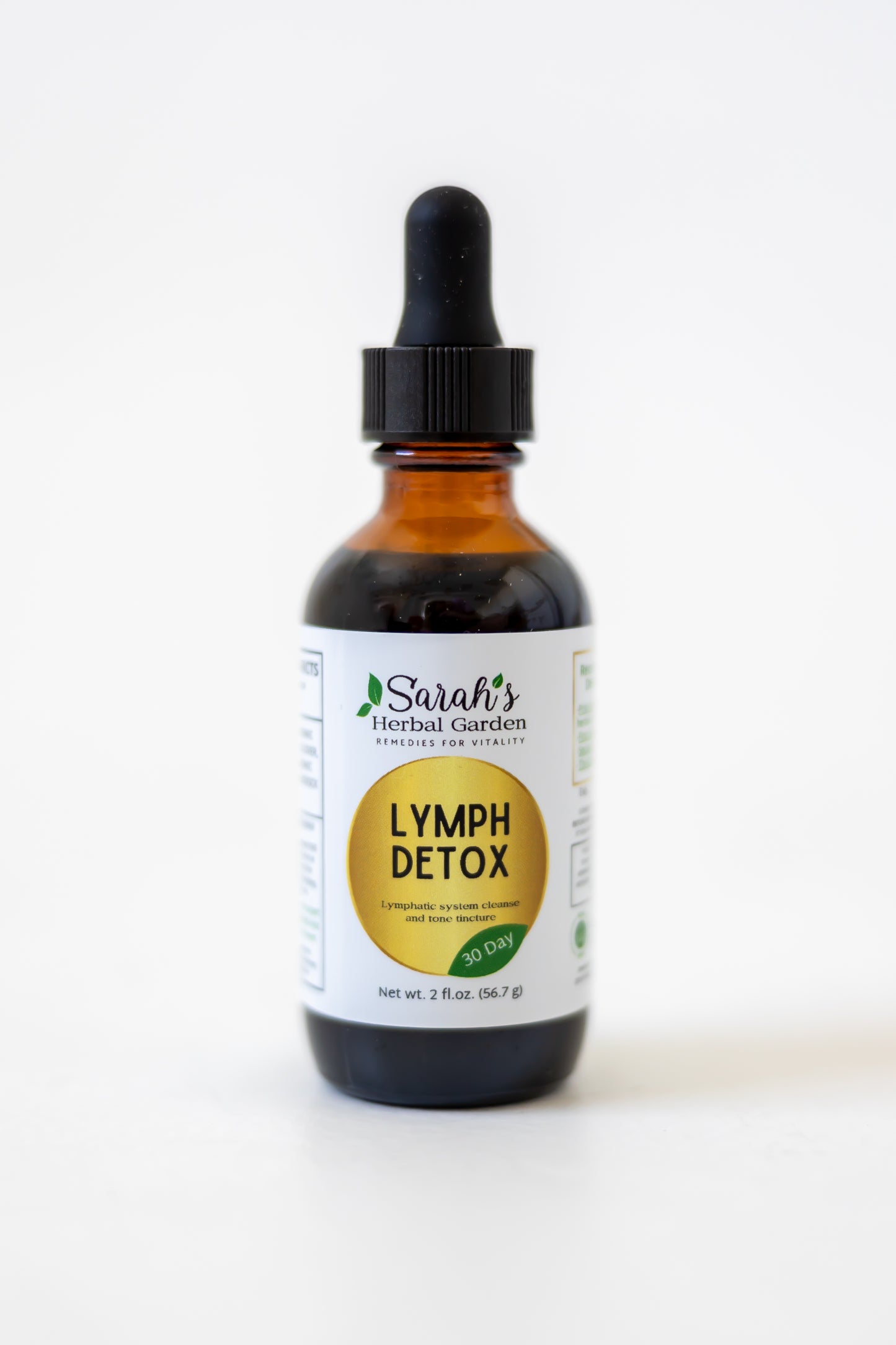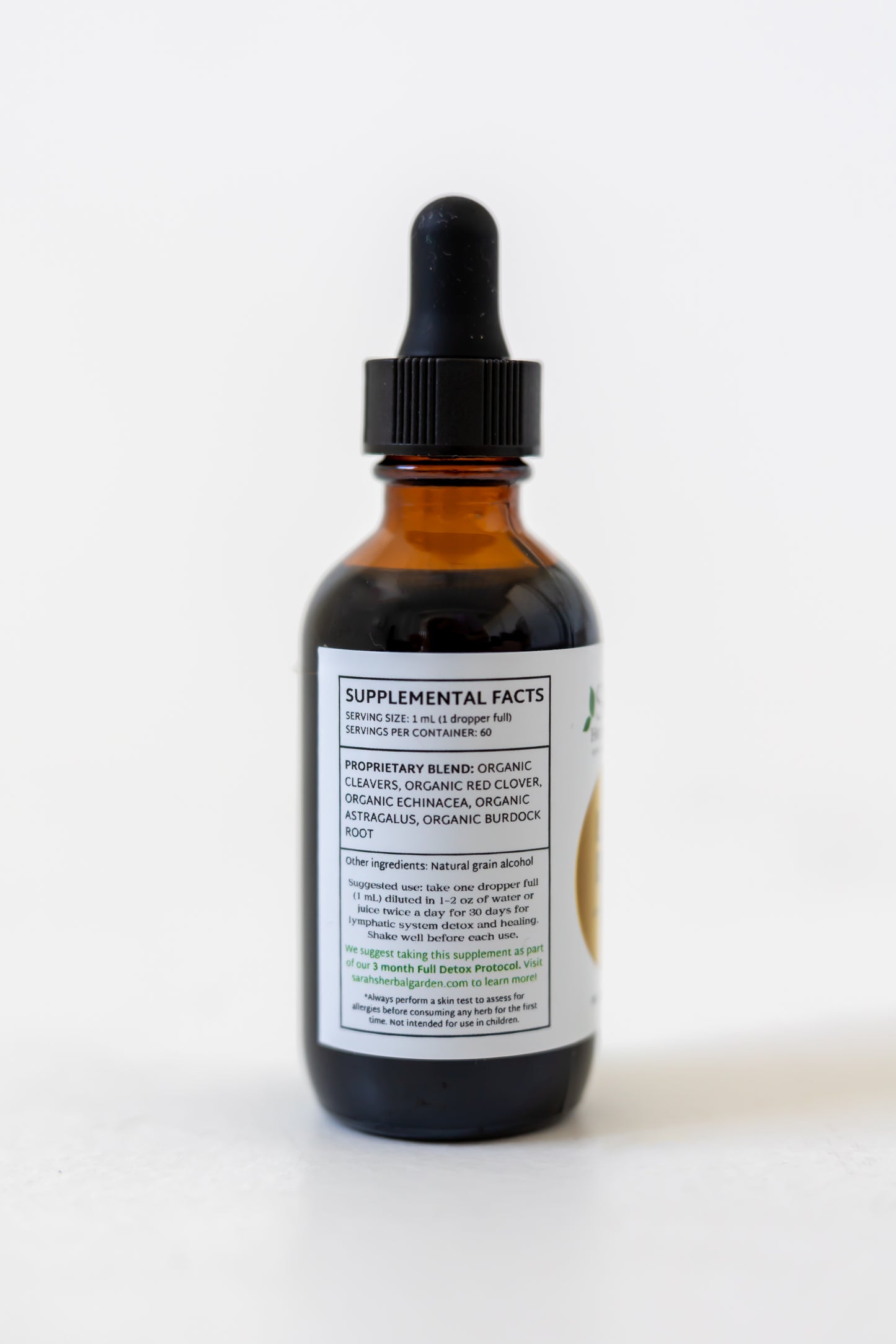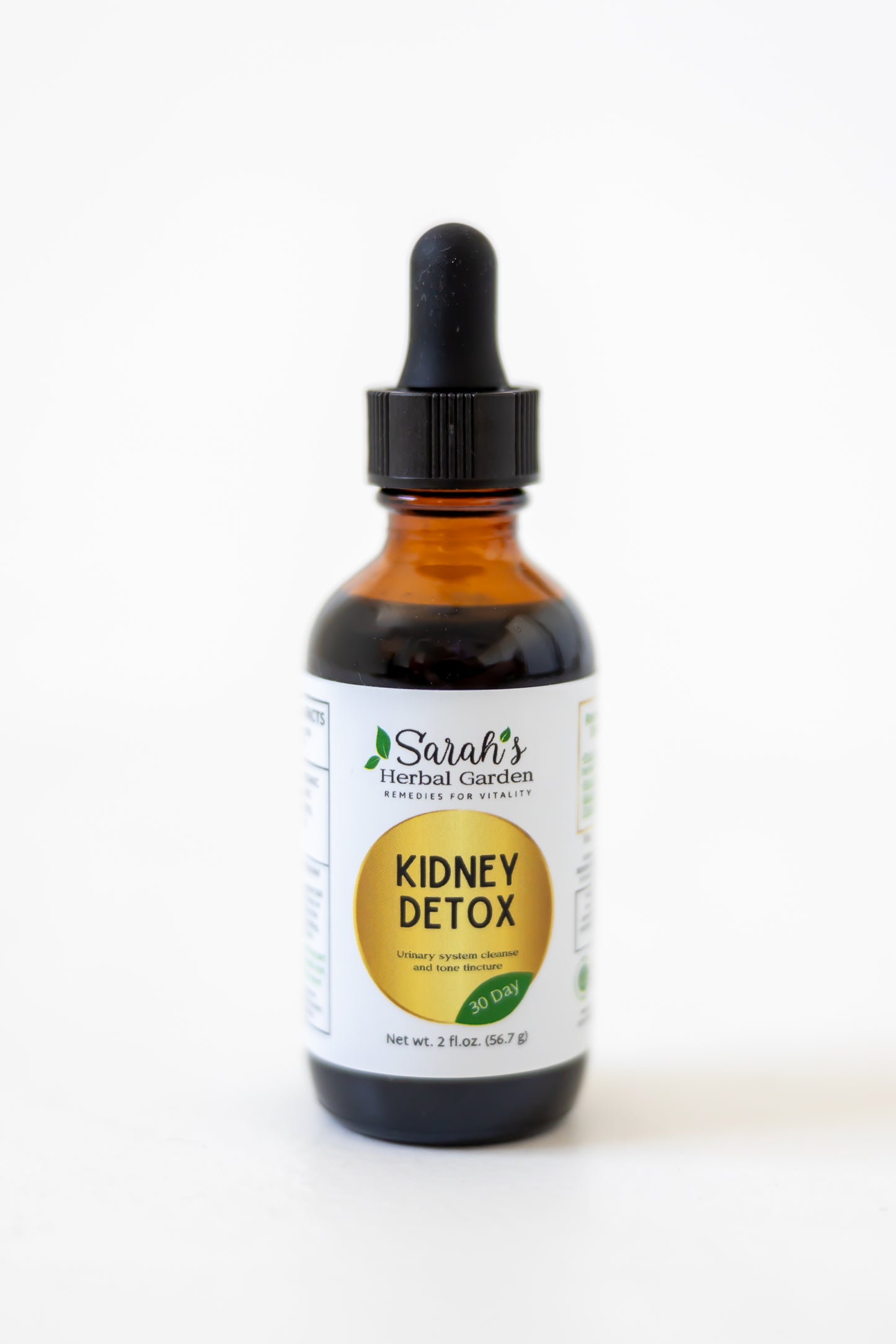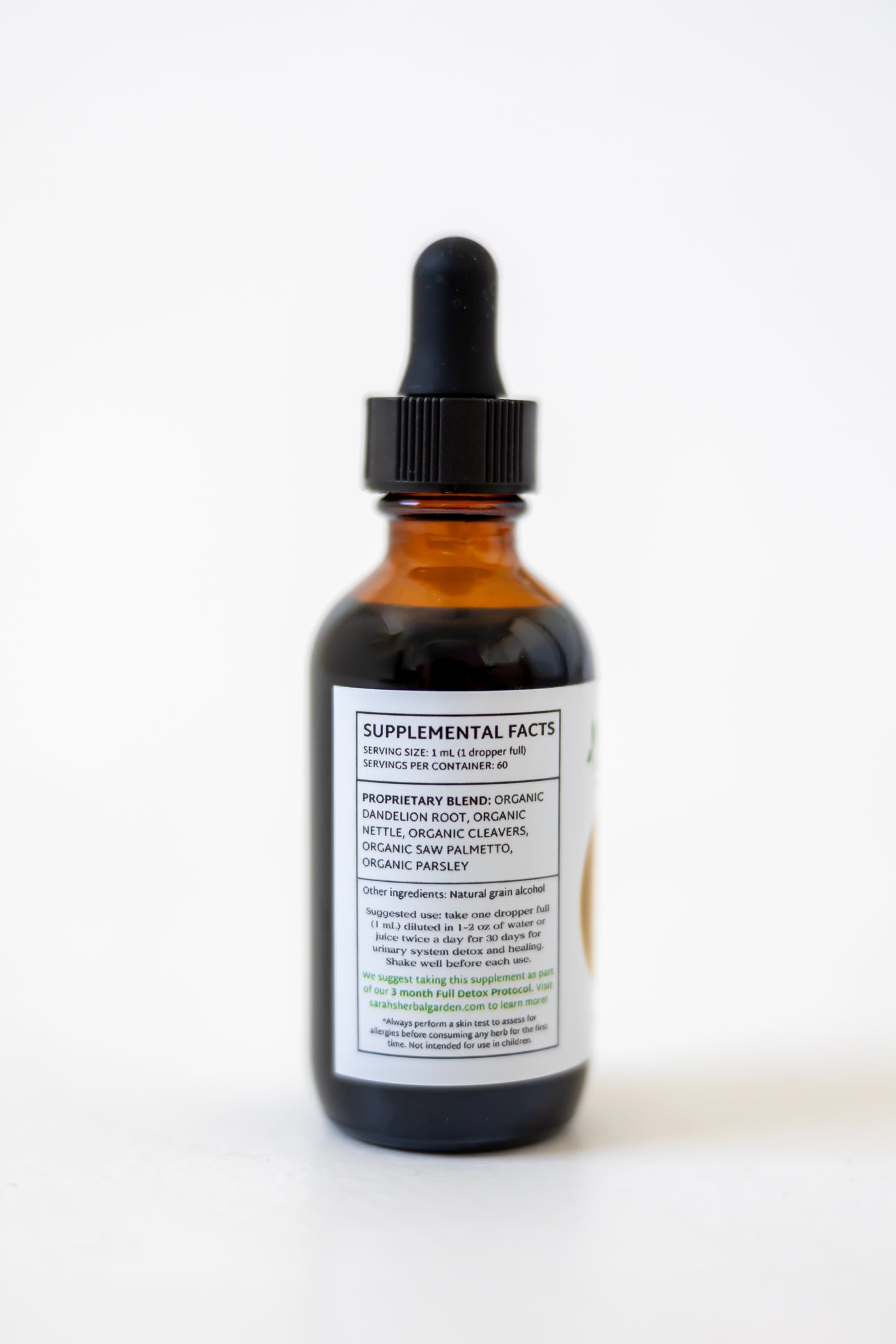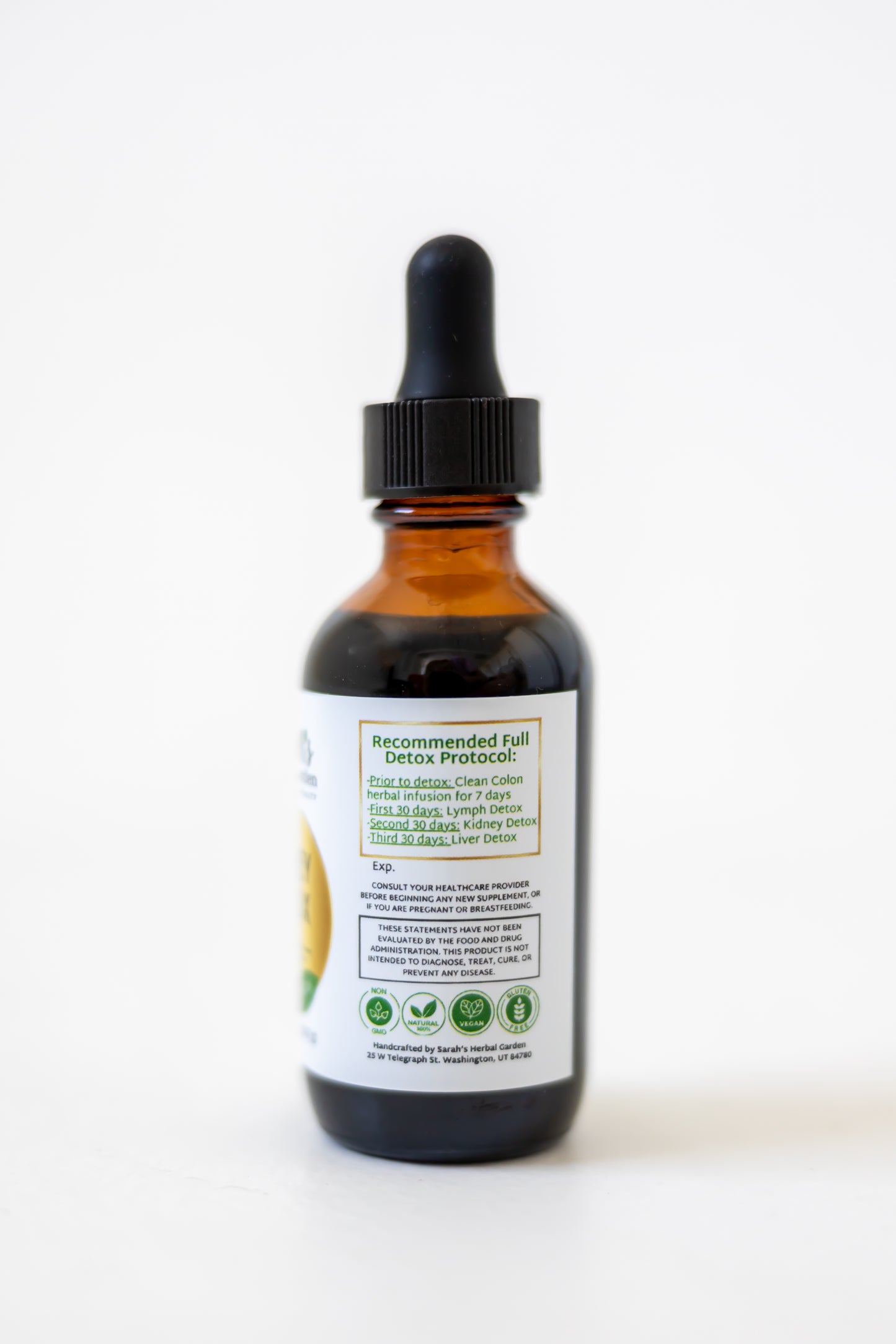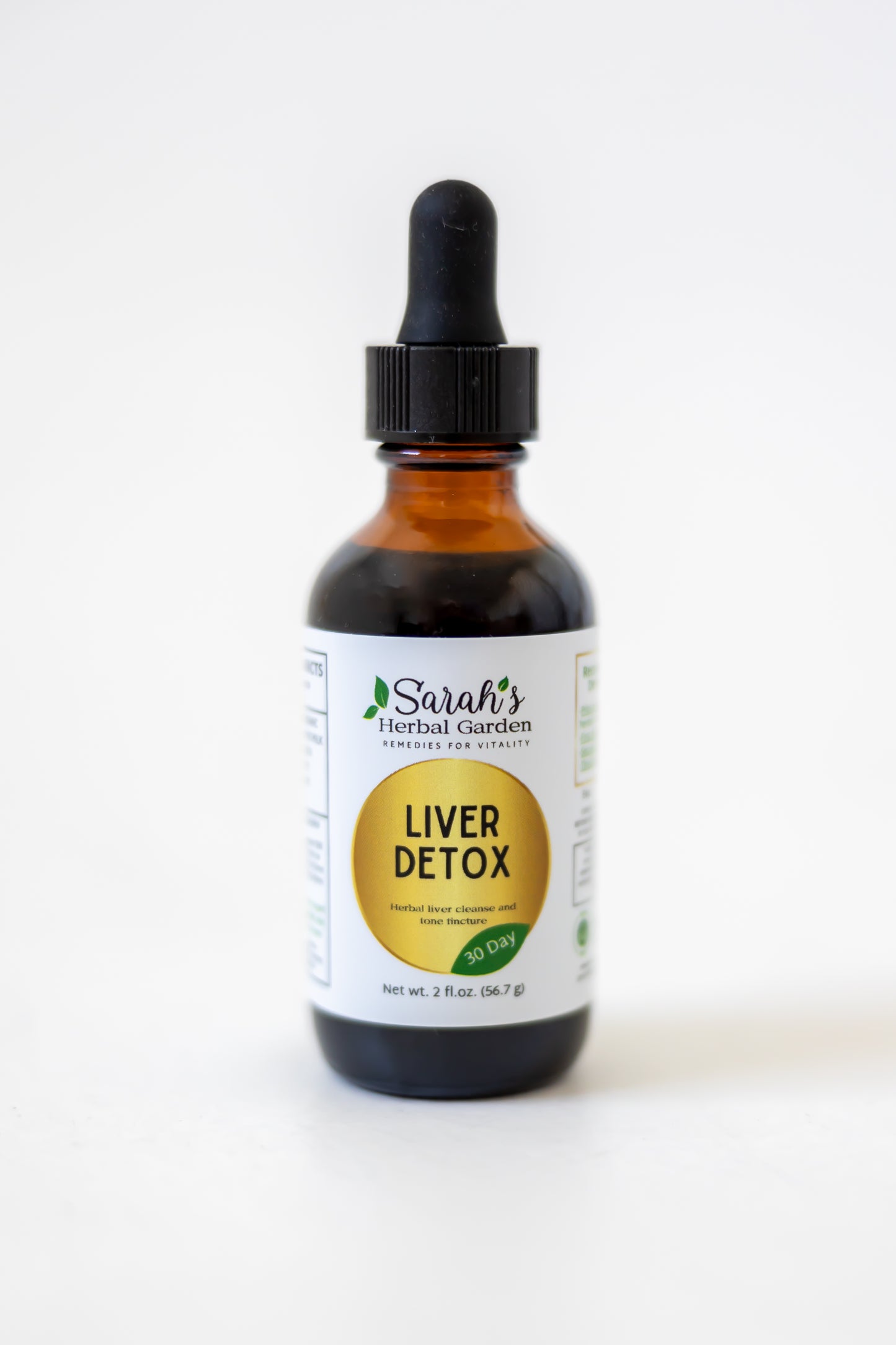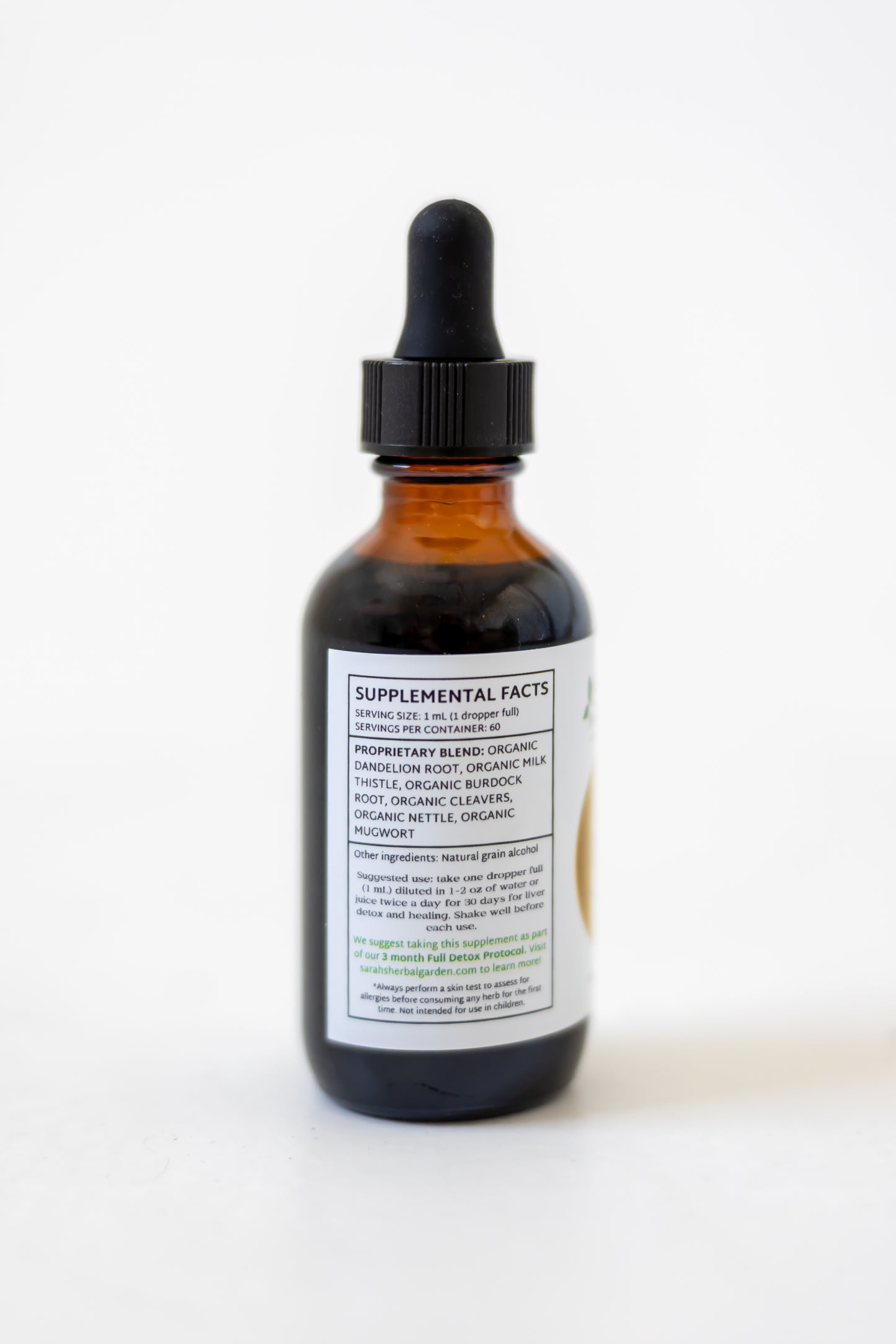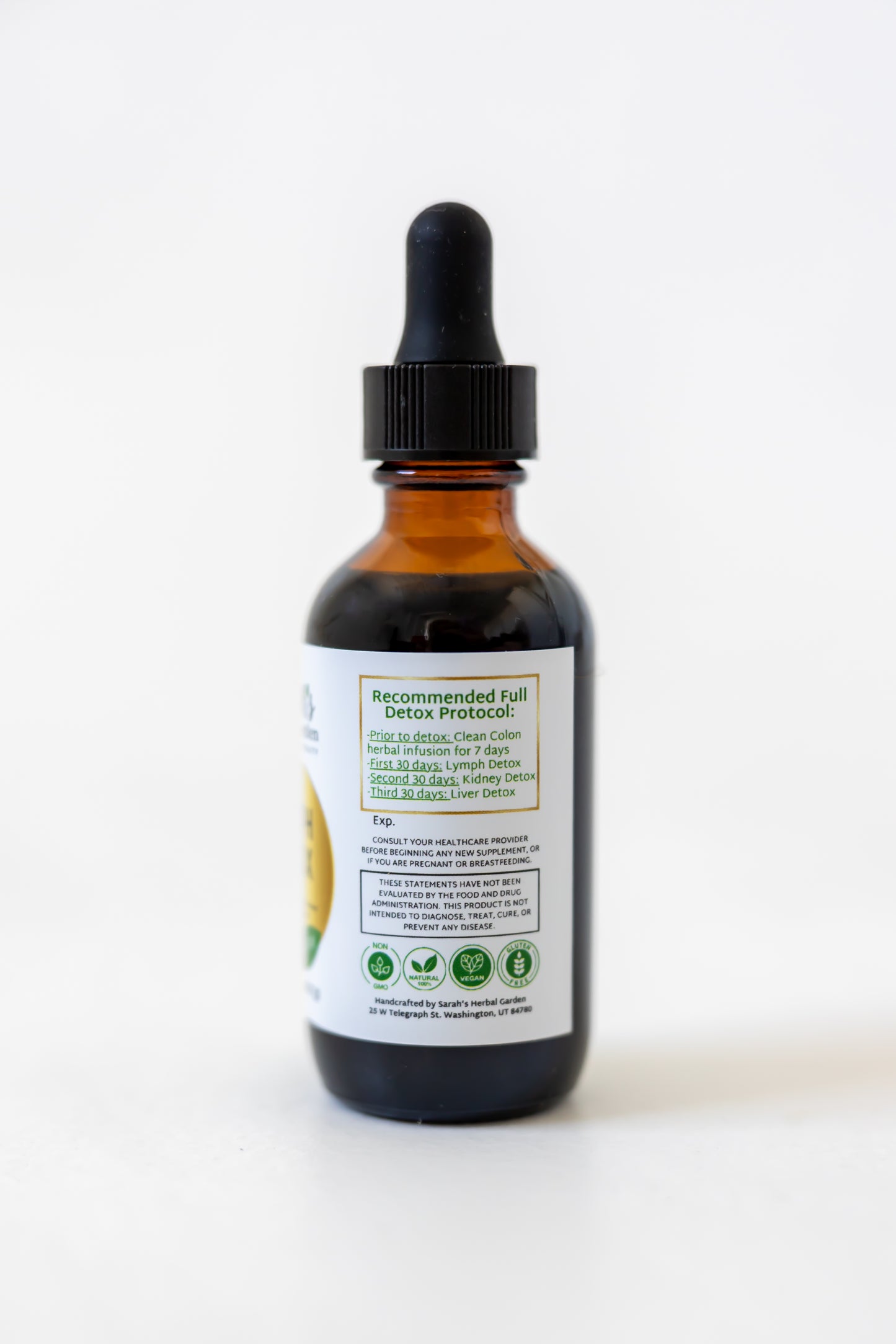
Dandelion
Scientific Name: Taraxacum officinale
Herbal Profile: Dandelion
Scientific Name: Taraxacum officinale
Family: Asteraceae
Common Names: Dandelion, Lion’s Tooth, Blowball, Cankerwort, Wild Endive
Description:
Dandelion is a perennial herb native to Europe and Asia but now found worldwide. It thrives in temperate climates and is often considered a common weed. The plant has a rosette of deeply toothed green leaves, bright yellow flowers that bloom from early spring to late autumn, and a taproot that can grow up to 15 feet deep. The entire plant, including its leaves, flowers, and roots, is used in herbal medicine for its various health benefits.
Traditional Uses:
Dandelion has been used in traditional medicine for centuries across various cultures, primarily for its detoxifying and diuretic properties. It is known for supporting digestive health, liver function, and skin health. Common traditional uses include:
- Digestive Health: Dandelion is often used to stimulate appetite and aid digestion. The bitter compounds in dandelion stimulate saliva production, gastric secretions, and bile flow, which can improve digestion and alleviate symptoms like bloating and indigestion.
- Liver Support and Detoxification: Dandelion root is commonly used to support liver health and promote detoxification. It is believed to enhance liver function by stimulating bile production, helping the body process and eliminate toxins more effectively.
- Diuretic and Kidney Health: Dandelion leaves are known for their diuretic properties, often referred to as a "natural diuretic." They increase urine production and help flush excess water and waste from the kidneys, making them useful for conditions like fluid retention, high blood pressure, and urinary tract infections.
- Skin Health: Due to its detoxifying and anti-inflammatory properties, dandelion is used to treat various skin conditions, such as acne, eczema, and psoriasis. It helps clear the skin by eliminating toxins from the bloodstream.
- Antioxidant and Anti-Inflammatory Properties: Dandelion contains several antioxidants that help reduce inflammation and protect cells from oxidative stress. This makes it beneficial for overall health and wellness, potentially reducing the risk of chronic diseases.
- Immune Support: Dandelion is believed to have immune-boosting properties, helping the body resist infections and recover more quickly from illness.
Active Compounds:
- Vitamins and Minerals: Dandelion is rich in vitamins A, C, K, and B-complex vitamins, as well as minerals such as potassium, calcium, iron, and magnesium.
- Sesquiterpene Lactones: Bitter compounds that stimulate digestive enzymes and bile production, improving digestion and liver function.
- Flavonoids: Provide antioxidant effects, helping to reduce inflammation and protect cells from oxidative damage.
- Carotenoids: Such as lutein and beta-carotene, which support skin and eye health.
- Inulin: A type of prebiotic fiber that supports digestive health by promoting the growth of beneficial gut bacteria.
- Triterpenoids: Contribute to the herb’s anti-inflammatory and immune-boosting properties.
Preparation and Dosage:
- Tea (Infusion/Decoction):
- Tincture:
- Capsules/Tablets:
- Fresh Leaves:
- Extract:
Safety and Precautions:
- Pregnancy and Breastfeeding: Dandelion is generally considered safe for use during pregnancy and breastfeeding in moderate amounts, such as those found in food. However, consult a healthcare provider before using it in medicinal amounts.
- Allergic Reactions: Individuals allergic to plants in the Asteraceae family (such as ragweed, daisies, marigolds, and chrysanthemums) may also be allergic to dandelion. Discontinue use if any allergic symptoms, such as skin rash or respiratory discomfort, occur.
- Medication Interactions: Dandelion may interact with diuretic medications, as it has a natural diuretic effect. It can also interact with medications metabolized by the liver. Consult with a healthcare provider before use if you are taking medications or have underlying health conditions.
- Gastrointestinal Upset: Some individuals may experience mild gastrointestinal symptoms, such as heartburn or diarrhea, especially when starting dandelion supplementation. Start with a lower dose and gradually increase to minimize these effects.
- Gallstones or Obstructions: Due to its stimulating effects on bile production, individuals with gallstones or bile duct obstructions should consult a healthcare provider before using dandelion.
Conclusion:
Dandelion is a versatile herb with a long history of use in traditional medicine for its detoxifying, diuretic, and digestive health benefits. It is particularly effective for supporting liver function, promoting digestive health, and improving skin conditions. While generally considered safe for most people, it is important to use dandelion responsibly and consult a healthcare professional, especially if you are pregnant, breastfeeding, have underlying health conditions, or are taking medications.
Sarah's Herbal Garden
Kidney Detox Tincture
Share
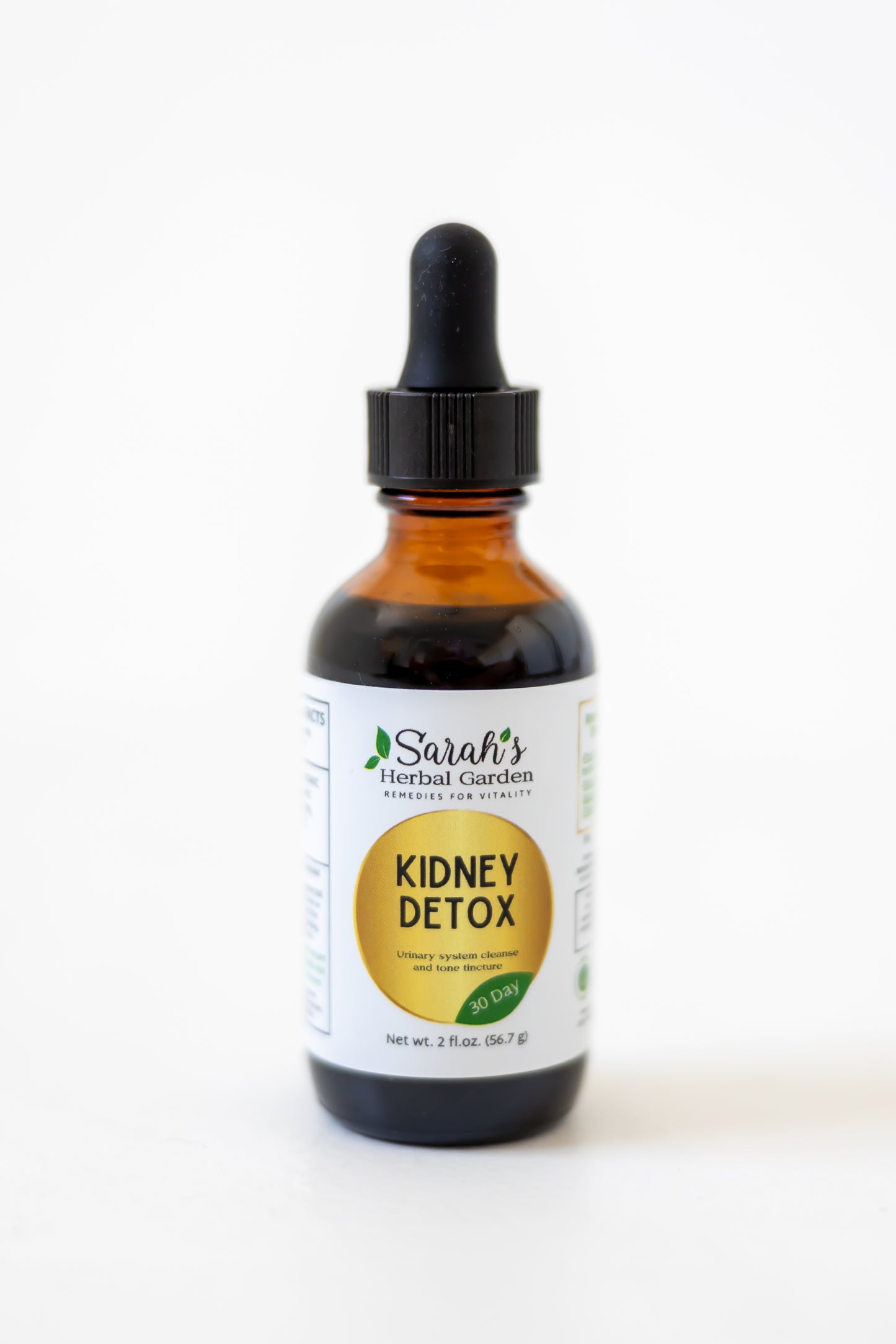
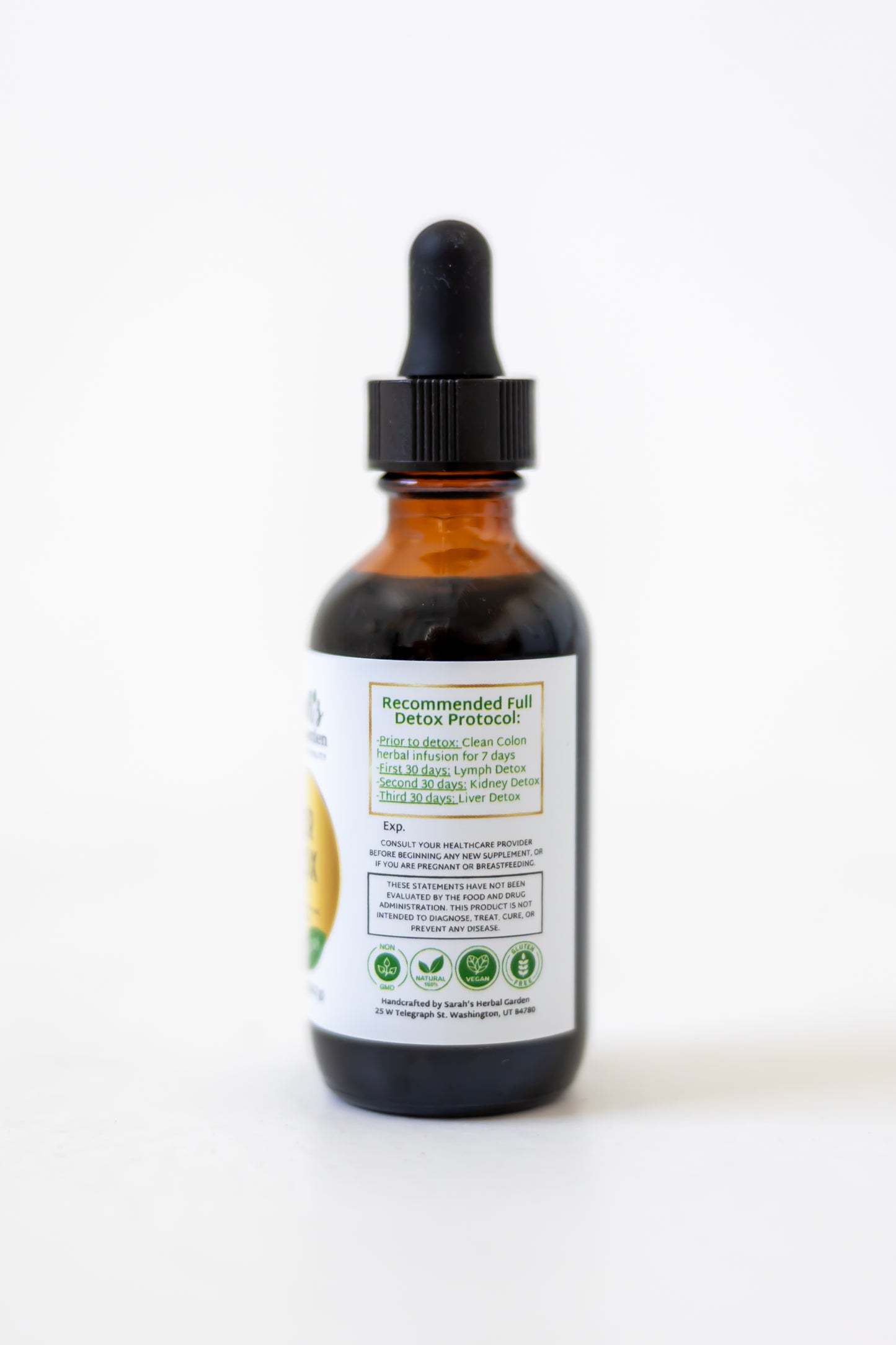
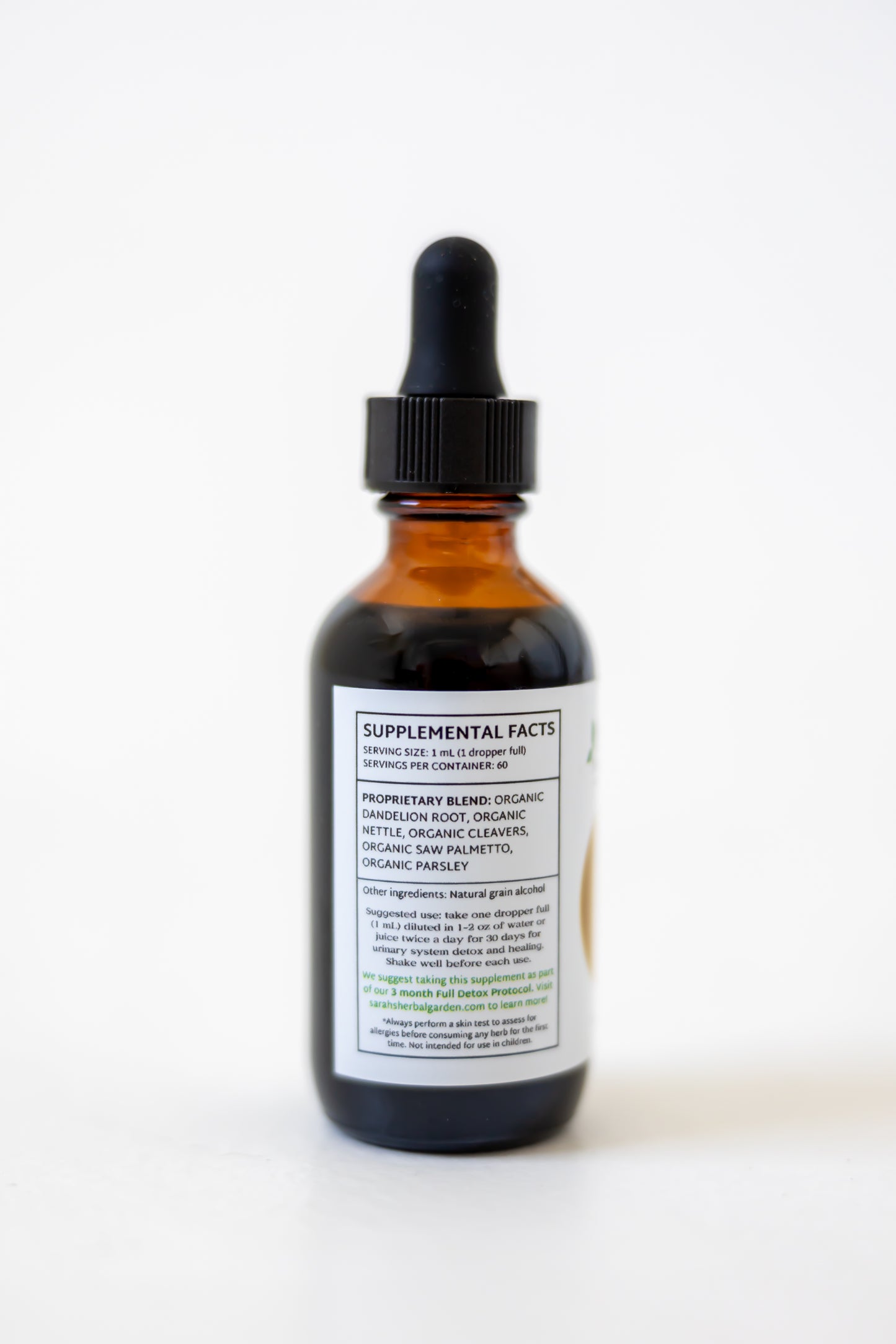
Sarah's Herbal Garden
Liver Detox Tincture
Share
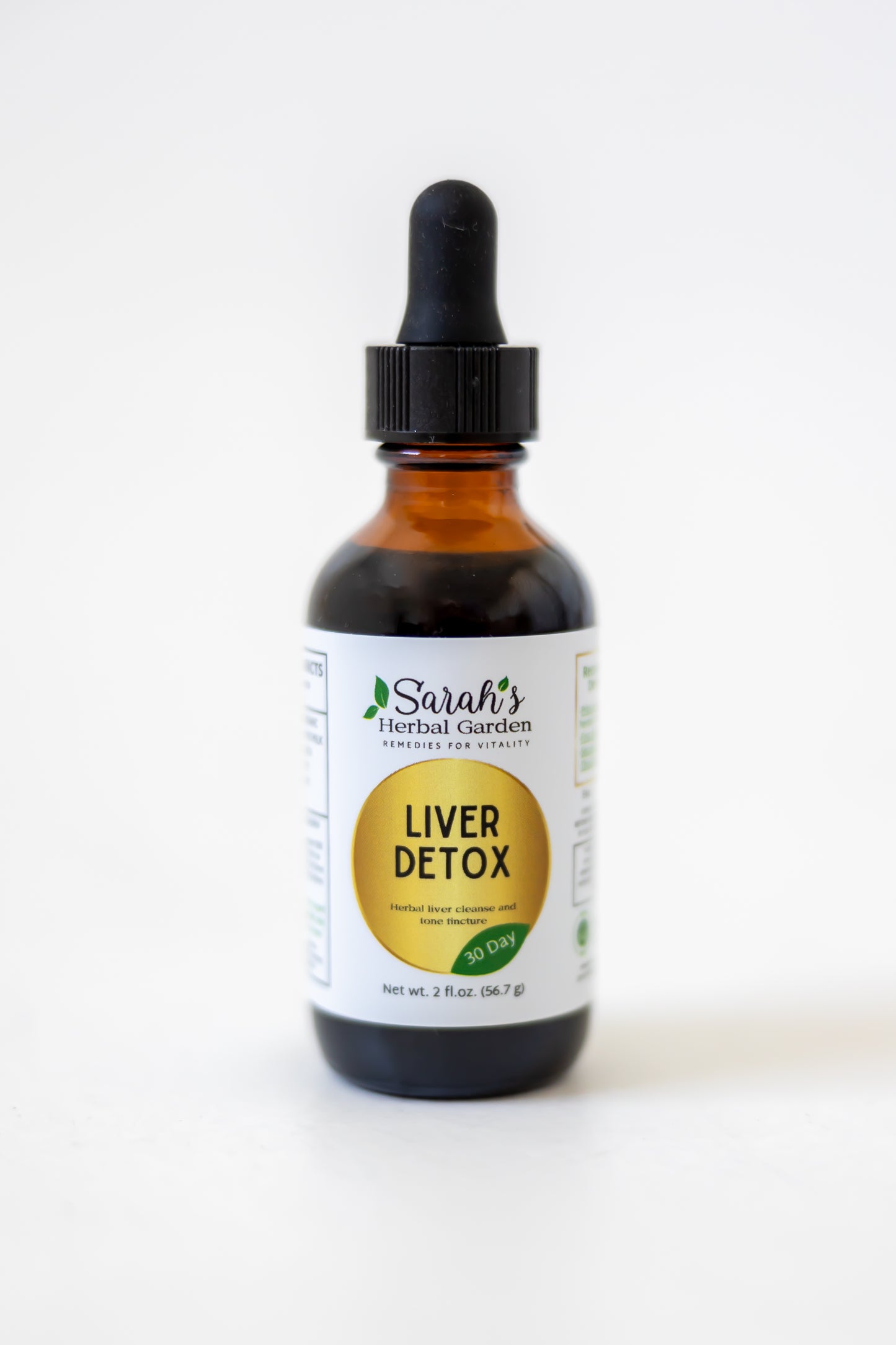
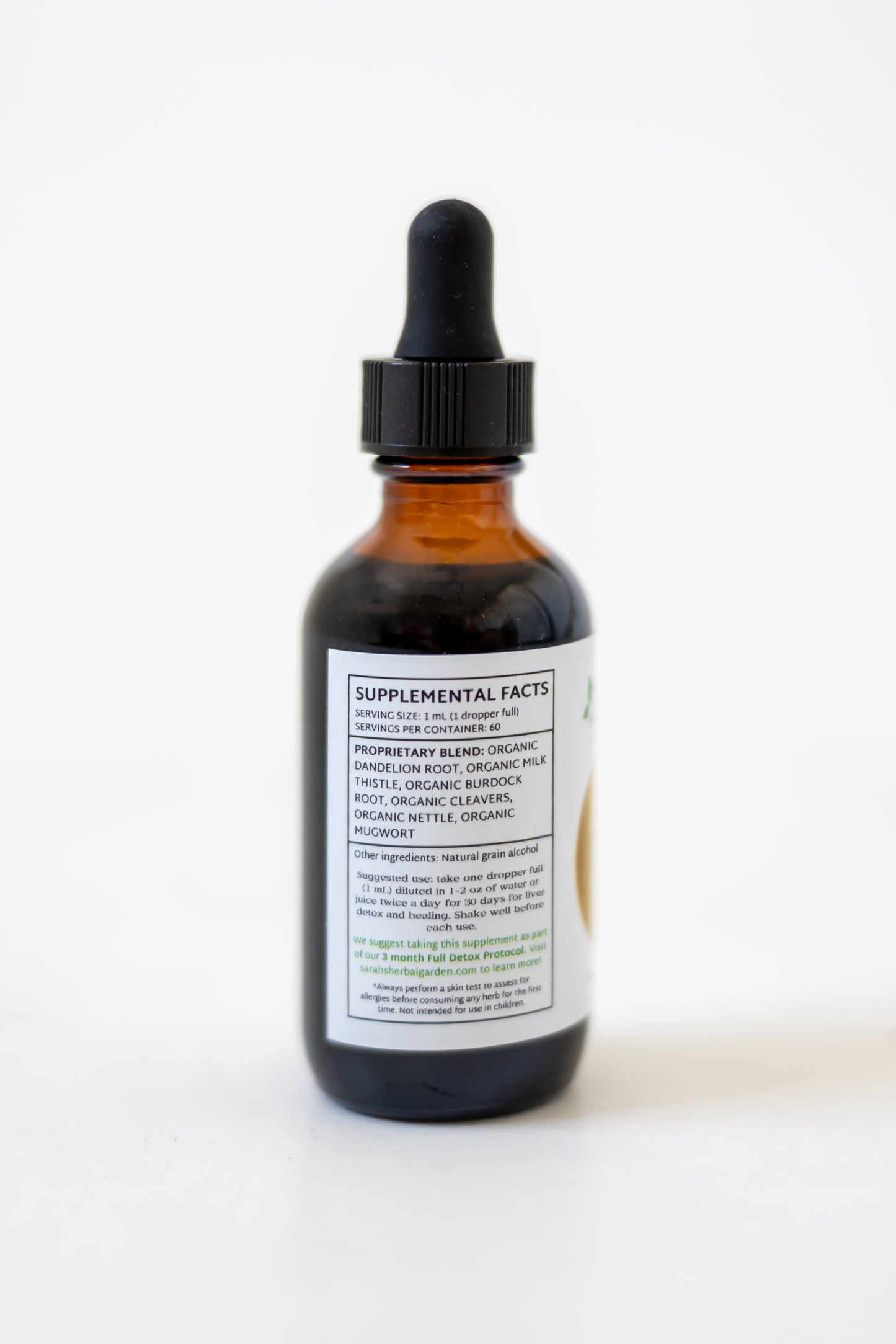
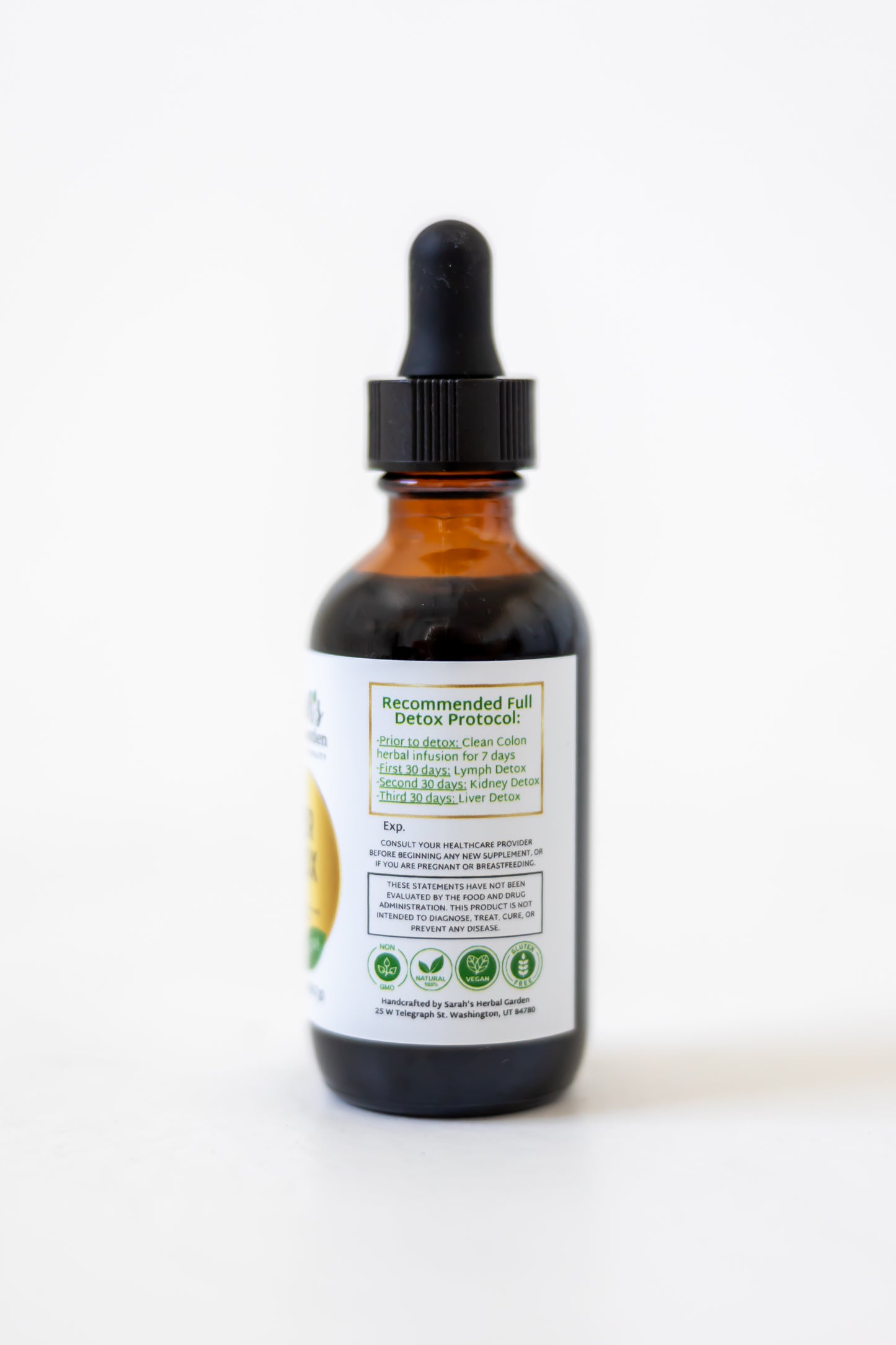
Sarah's Herbal Garden
Colon, Lymph, Kidney, and Liver Detox
Share
